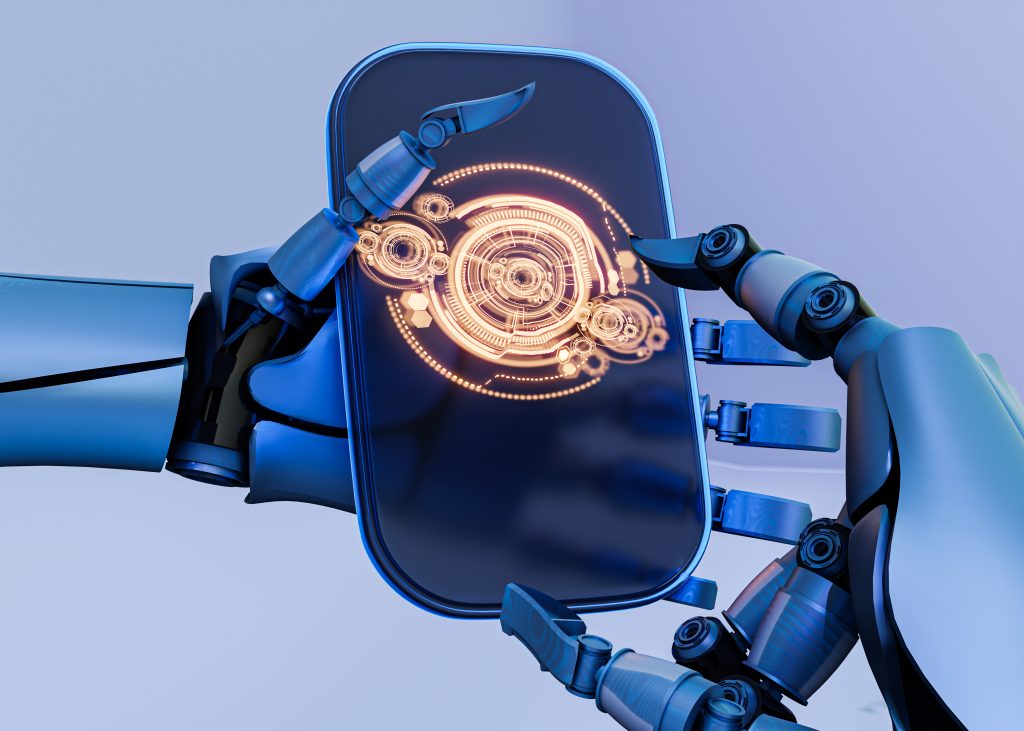































 A humanoid robot looks like a person and has a head, two arms, and two legs. Powered by artificial intelligence (AI), humanoid robots will someday be able to operate alongside humans and use the same tools and equipment in space and degraded environments.
A humanoid robot looks like a person and has a head, two arms, and two legs. Powered by artificial intelligence (AI), humanoid robots will someday be able to operate alongside humans and use the same tools and equipment in space and degraded environments.The US National Aeronautics and Space Agency (NASA) has been developing humanoid robots for space exploration, with the goal of these robots working alongside humans in space and on other celestial bodies. These robots will execute tasks that would be too risky or impossible for astronauts, withstanding damaging conditions such as extreme temperatures and high levels of radiation.
One of the most notable humanoid robots developed by NASA is Robonaut 2 (R2), a highly nimble anthropomorphic robot capable of handling a wide range of devices and interfaces. R2 was designed to use the same tools as humans, allowing it to work safely side-by-side on Earth and in space.
Valkyrie, also known as R5, is another advanced humanoid robot designed to function in 'degraded or damaged human-engineered environments.' Eventually, NASA hopes to send Valkyrie to the moon and Mars.
NASA collaborates with robotics firms such as Apptronik in Austin, Texas, to explore how humanoid robots designed for earthly use could assist in the development of future humanoid robots for space. The startup is creating Apollo, a humanoid robot whose terrestrial activities will include transporting parcels, stacking pallets, and doing other supply chain-related jobs in warehouses and industrial plants. Apptronik intends to launch its humanoid robots for businesses in early 2025.
NASA is identifying key gaps where future investment is needed to bring a terrestrial system into the space environment and to be certified for operating in space. The development of these robots is part of NASA's broader strategy to improve our ability to travel through space, live and work in deep space, and land on other planets and bodies throughout the solar system. The ultimate objective is to increase our capacity to scan and comprehend the universe, as well as to address important questions in earth and space science.
 Etiquetas calientes:
Inteligencia Artificial
Etiquetas calientes:
Inteligencia Artificial